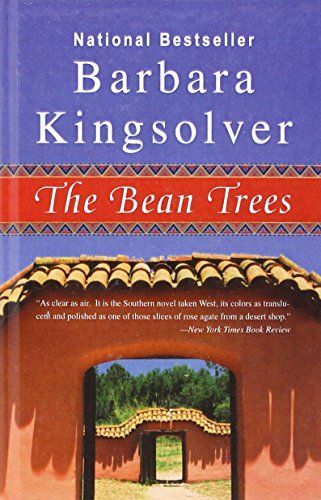Reviews
Sarah Sammis@pussreboots
Derek Barlas@derekb
heleen de boever@hlndb
Jacqui Spears@jcspears
Maggie Gordon@maggieg
b.andherbooks@bandherbooks
Andrea Badgley@andreabadgley
Carla Aquino@carlita_is_probably_reading
Emma Younger@emmarain
Lexie @lexieneeley
Paige Wanner@turntopaige22
Addison Mecklenburg@addisonmeck
Sadie Kimbrough@skimbs
Martha F.@marthaq
Darcy Lambert@mokehil
A kabel @me0wme0w
Laura Mauler@blueskygreenstrees
Jen Sorenson@magsoap
Lisa@frowzled
Ashley @gard3nh3ad
Melissa Bragg @meliz913
Audrey@audreymerwin
Tyler Freitas@tjfr8s
Emma Greene@emmagreene18
